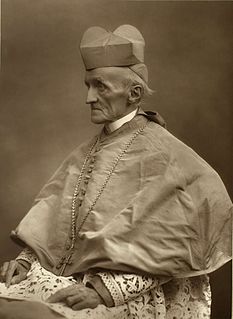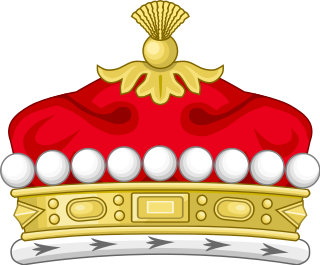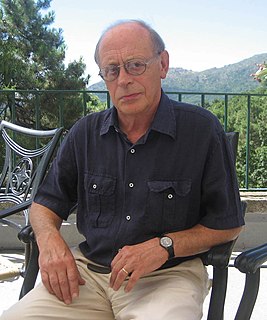A Quote by Robert Green Ingersoll
Progress is born of doubt and inquiry. The Church never doubts, never inquires. To doubt is heresy, to inquire is to admit that you do not know—the Church does neither.
Related Quotes
But the appeal to antiquity is both a treason and a heresy. It is a treason because it rejects the Divine voice of the Church at this hour, and a heresy because it denies that voice to be Divine. How can we know what antiquity was except through the Church? ... I may say in strict truth that the Church has no antiquity. It rests upon its own supernatural and perpetual consciousness. ... The only Divine evidence to us of what was primitive is the witness and voice of the Church at this hour.
Baptism does not profit a man outside unity with the Church ... For many heretics also possess this Sacrament but not the fruits of salvation ... The benefits which flow from Baptism are necessarily fruits which belong to the true Church alone. Children Baptized in other communions cease to be members of the Church when, after reaching the age of reason, they make formal profession of heresy, as, for example, by receiving communion in a non-Catholic Church.
Doubt is a profound and effective spiritual motivation. Without doubt, no truism is transcended, no new knowledge found, no expansion of the imagination possible. Doubt is unsettling to the ego and those who are drawn to ideologies that promise the dispelling of doubt by preferring certainties never grow.
We cannot begin with complete doubt. We must begin with all the prejudices which we actually have when we enter upon the study ofphilosophy. These prejudices are not to be dispelled by a maxim, for they are things which it does not occur to us can be questioned. A person may, it is true, in the course of his studies, find reason to doubt what he began by believing; but in that case he doubts because he has a positive reason for it, and not on account of the Cartesian maxim. Let us not pretend to doubt in philosophy what we do not doubt in our hearts.
It is to be kept in mind that the generations of men do not wait for the convenience of the church in respect to their evangelization. Men are born and die whether or not Christians are ready to give them the Gospel. And hence, if the church of any generation does not evangelize the heathen of that generation, those heathen will never be evangelized at all. It is always true in the work of evangelization that the present can never anticipate the future, and that the future can never replace the past. What is to be done in soul saving must be done by that generation.
There must be no barriers to freedom of inquiry... There is no place for dogma in science. The scientist is free, and must be free to ask any question, to doubt any assertion, to seek for any evidence, to correct any errors. Our political life is also predicated on openness. We know that the only way to avoid error is to detect it and that the only way to detect it is to be free to inquire. And we know that as long as men are free to ask what they must, free to say what they think, free to think what they will, freedom can never be lost, and science can never regress.



































